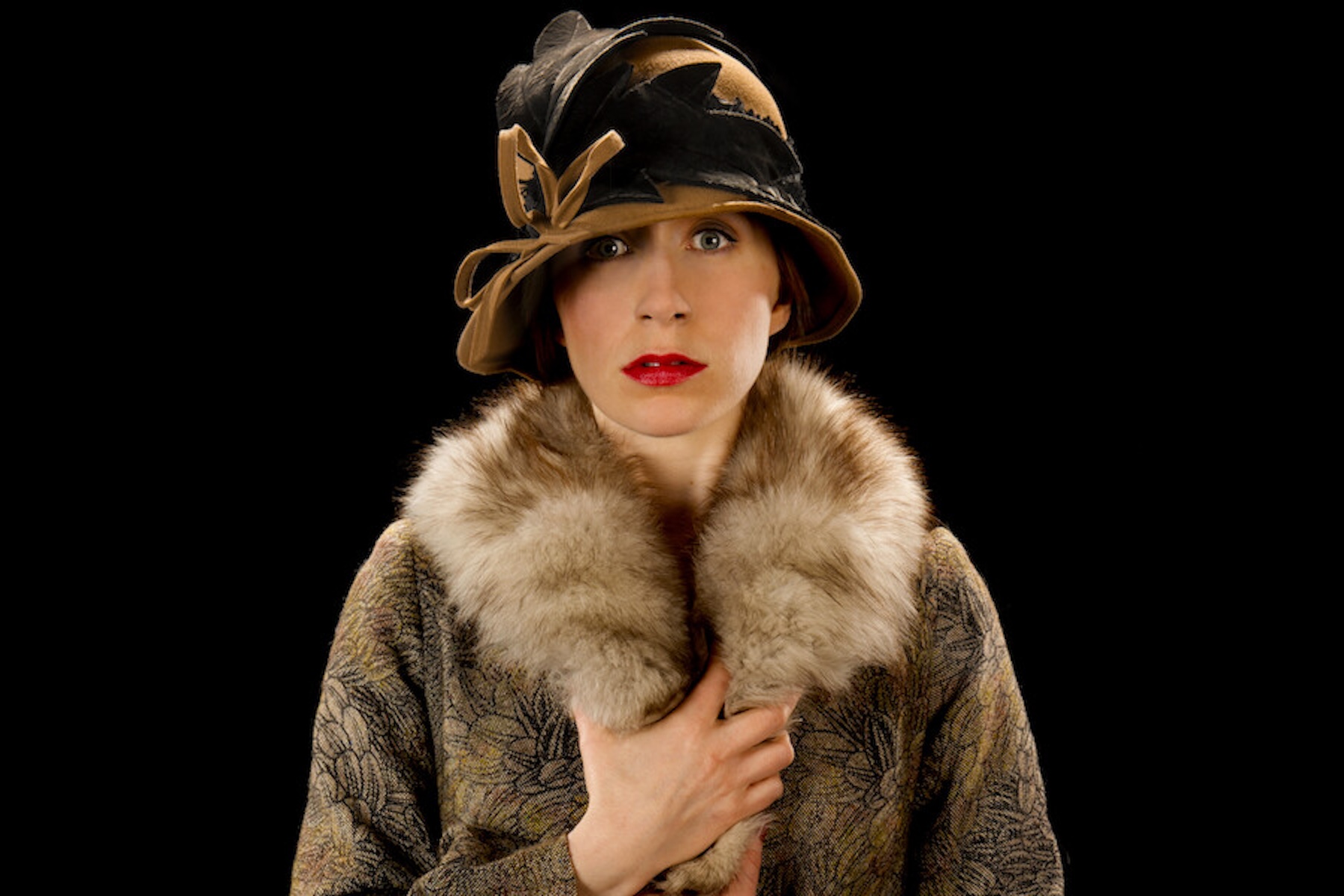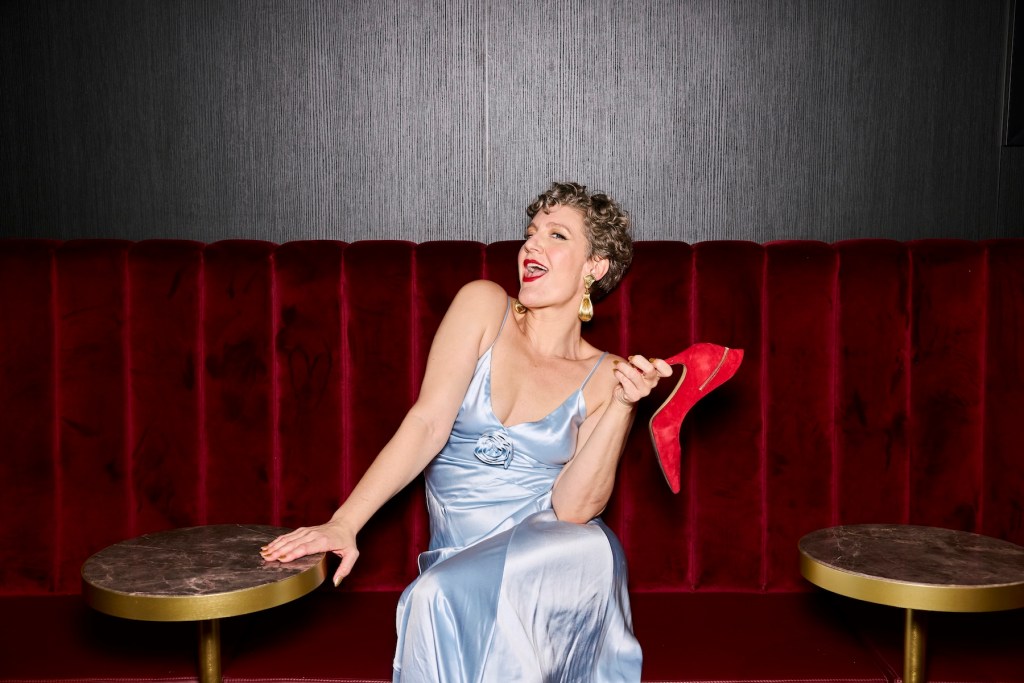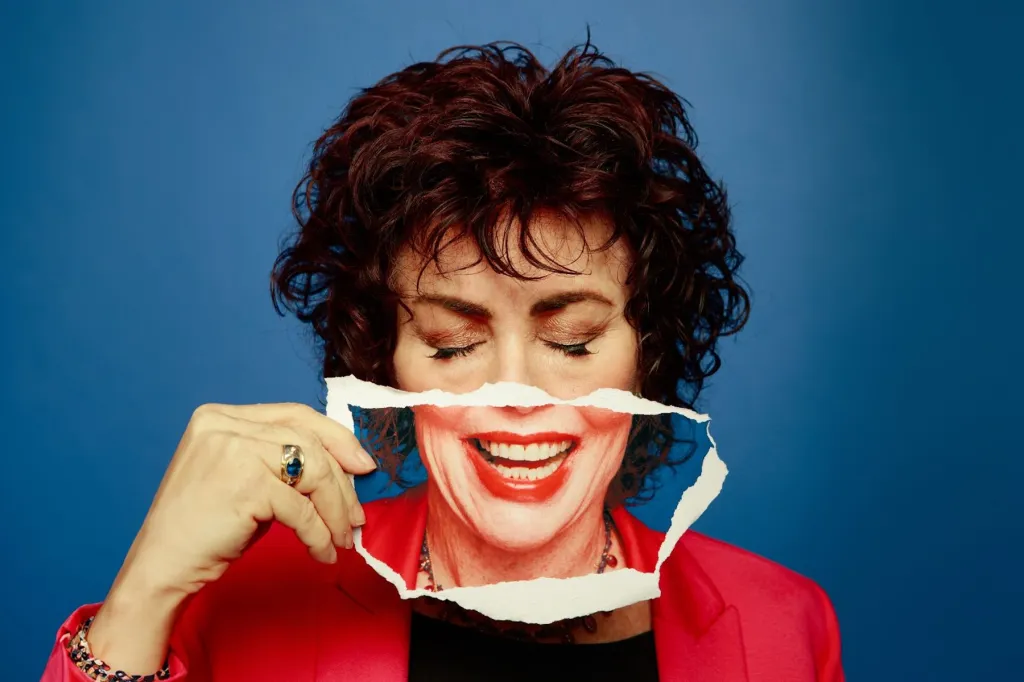Fringe review: A Room of One’s Own
In this age of TED talks and podcasts, Rebecca Vaughan’s passionate transformation of Virginia Woolf’s A Room of One’s Own into a theatrical monologue is perhaps the perfect form to bring this feminist classic to contemporary audiences. ★★★★

In this age of TED talks and podcasts, Rebecca Vaughan’s passionate transformation of Virginia Woolf’s A Room of One’s Own into a theatrical monologue is perhaps the perfect form to bring this feminist classic to contemporary audiences.
Since its original publication in 1929, Woolf’s long-form essay on the economic and educational barriers confronting women and their impact on artistic freedom and creativity has become a foundational feminist text. If you think the previous sentence sounds a little dry, you will be astonished by the vitality Vaughan infuses into this work as she brings the history of women’s artistic oppression to life.
As the performance begins, the stage is bare but for a single chair and a small desk stacked with hardbacks. Vaughan enters, dressed in the unassuming attire of an Edwardian bluestocking. Using the structure and central arguments of Woolf’s famous essay, Vaughan brings the words to life, passionately making the case that women writers need the freedom to think and explore their craft without interruption. And to do this they need financial independence. As Woolf’s own experience demonstrates, an income of £500 a year and a room of her own are the essential factors granting her the intellectual and financial liberty to write.
Putting forward Woolf’s analysis and arguments with clarity and without stridency, Vaughan carries us along as Virginia Woolf strides through the quadrangles of an Oxbridge University, dines, chats with friends, conducts research in a London museum and gazes from the window of her home. All the thoughts, musings and analyses that form the core of the text of A Room of One’s Own are translated into a passionate spoken-word exploration of the factors historically holding women back and the slow amplification of women’s voices in literary history.
It’s utterly compelling. Vaughan guides us through Woolf’s identification of the barriers historically facing women (some heartbreaking, some laughable) before laying out the major voices in the history of women’s writing. From musing about the hypothetical existence of Shakespeare’s equally talented sister, through the much-maligned female poets of the 1600s, Vaughan celebrates the career of the first female writer to support herself and her family through her art: Aphra Behn.
You might like
While listening to Vaughan give voice to Woolf’s almost century-old concerns, it would be a grave mistake to think these passionate arguments about women’s access to education or financial independence are outdated or no longer valid. Pay inequality is a current issue with Australia’s gender pay gap still at almost 12% in 2024.
Vaughan is captivating, her delivery of this hour-long monologue flawless as she paces the stage, occasionally dipping into the books on the desk for pithy quotes. Beneath the faultless execution, the writing of this piece was an unsung champion. The distillation of Woolf’s words without any loss of the vitality or cadence of the original was itself a work of art.
If you’ve yet to read Woolf’s classic text (or even if you have) this is a glorious way to encounter one of literature’s great treasures.
A Room of One’s Own is showing at the Main Theatre, Adelaide College of the Arts, 39 Light Square, Adelaide on March 6, 7, 8, 14 & 15
Read more 2025 Adelaide Fringe coverage here on InReview

